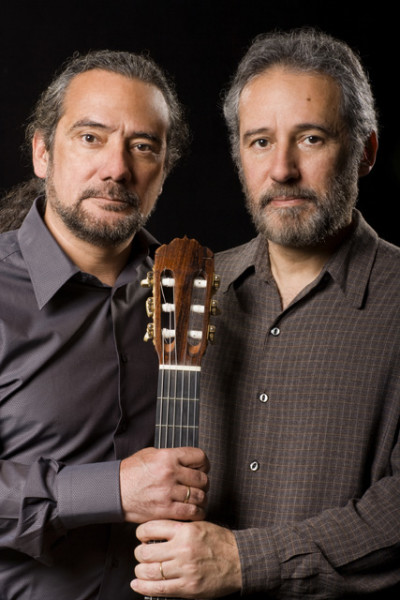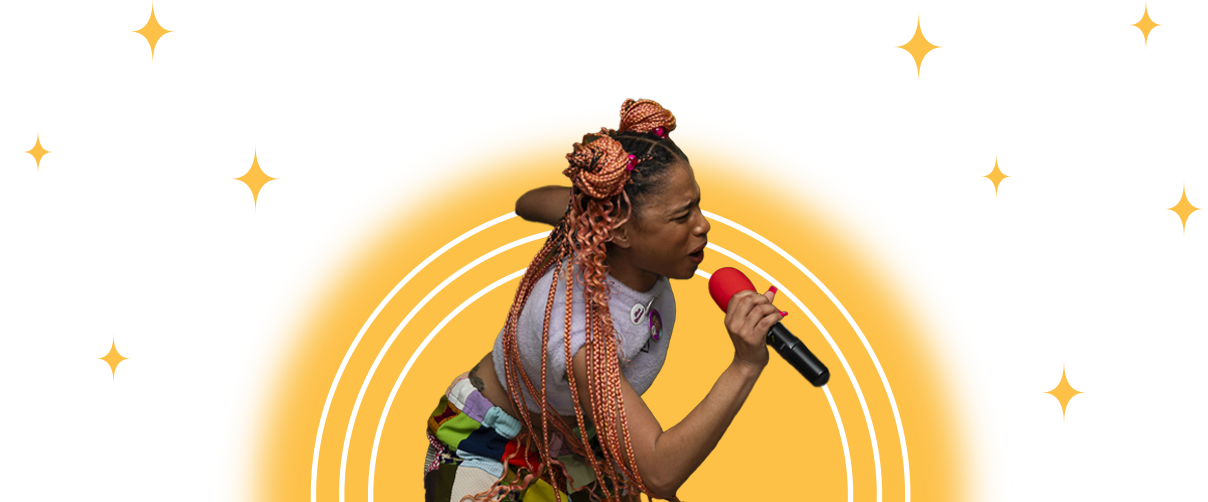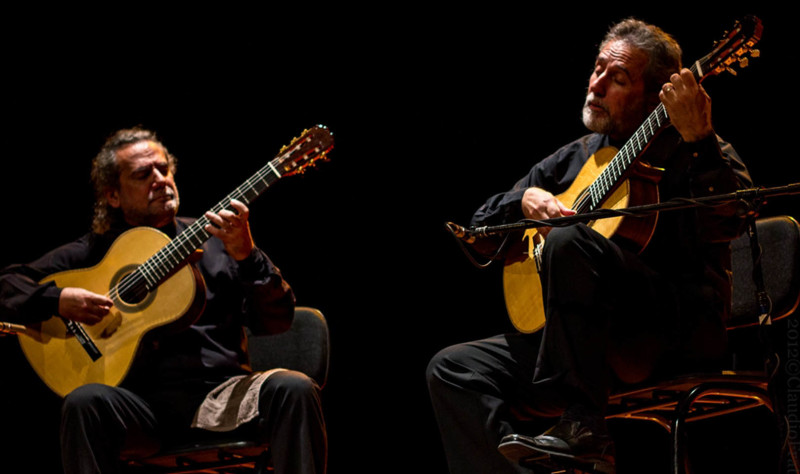Sérgio and Odair Assad are getting back to their roots. Not that the Brazilian-born brothers have ever neglected their homeland’s vast trove of music, but for five decades they’ve set a nonpareil standard as European classical music’s premier guitar duo. In the midst of an international tour celebrating 50 years performing together, the brothers play a program of Brazilian composers from Villa-Lobos and Baden Powell to Mauricio Carrilho and Paulo Bellinati at Berkeley’s First Congregational Church on May 15 and at Sonoma State University’s Green Music Center on May 17.
Beyond their virtuosity, the Assads have long played an essential role in expanding the guitar’s repertoire. Their widely hailed 1993 masterpiece, Sergio and Odair Assad Play Rameau; Scarlatti; Couperin; Bach (Nonesuch), focuses on transcriptions of great Baroque keyboard literature, and they’ve made a point of showcasing the work of Latin American composers like Cuban guitarist Leo Brouwer and Astor Piazzolla (long before everyone else hopped on the nuevo tango bandwagon). Sérgio, a faculty member of the San Francisco Conservatory of Music since 2008, also contributes his own compositions, which draw from the wealth of Brazilian music he heard and played while growing up.
Born in a small town in the state of São Paulo, Brazil’s economic heartland, the brothers first began performing in a choro band with their father, an enthusiastic amateur mandolinist. The Assads’ parents were so supportive of their prodigiously talented sons that they moved to Rio so that they could study with guitarist Monina Távora, an Argentine protege of Andrés Segovia. The ostentatiously gifted Odair proved too formidable a challenge for his older brother, so Sérgio began honing other talents, like composition and arrangement.

“I always had the facility to play the guitar, but my brother was outstanding,” Sérgio said in an interview several years ago for the San Jose Mercury News. “The guitar was very simple for him, and he could play incredible stuff when he was nine years old. Instead of trying to compete with him I tried to develop other skills that would compliment the duo. I still do much of the work of research and arranging and building up the repertoire.”
During the brothers’ seven years of study with tradition-bound Távora she prohibited them from playing music outside the European canon, making an exception for Villa-Lobos. Perhaps that’s why they’ve cast such a wide net in recent decades. Sought after for collaborations, they’ve toured and recorded with masters like violinists Nadja Salerno-Sonnenberg and Gidon Kremer, saxophonist Paquito D’Rivera, cellist Yo-Yo Ma and the divine soprano Dawn Upshaw. They’ve earned a Latin Grammy for interpretting Piazzolla and more recently delved into the music of their Middle Eastern ancestry with “De Volta as Raizes” (Back to Our Roots) featuring Lebanese-American singer Christiane Karam, percussionist Jamey Haddad and composer/pianist Clarice Assad (Sergio’s eldest daughter). But the brothers are at their most expansive and telepathic in a duo setting, and that’s something well worth celebrating.




